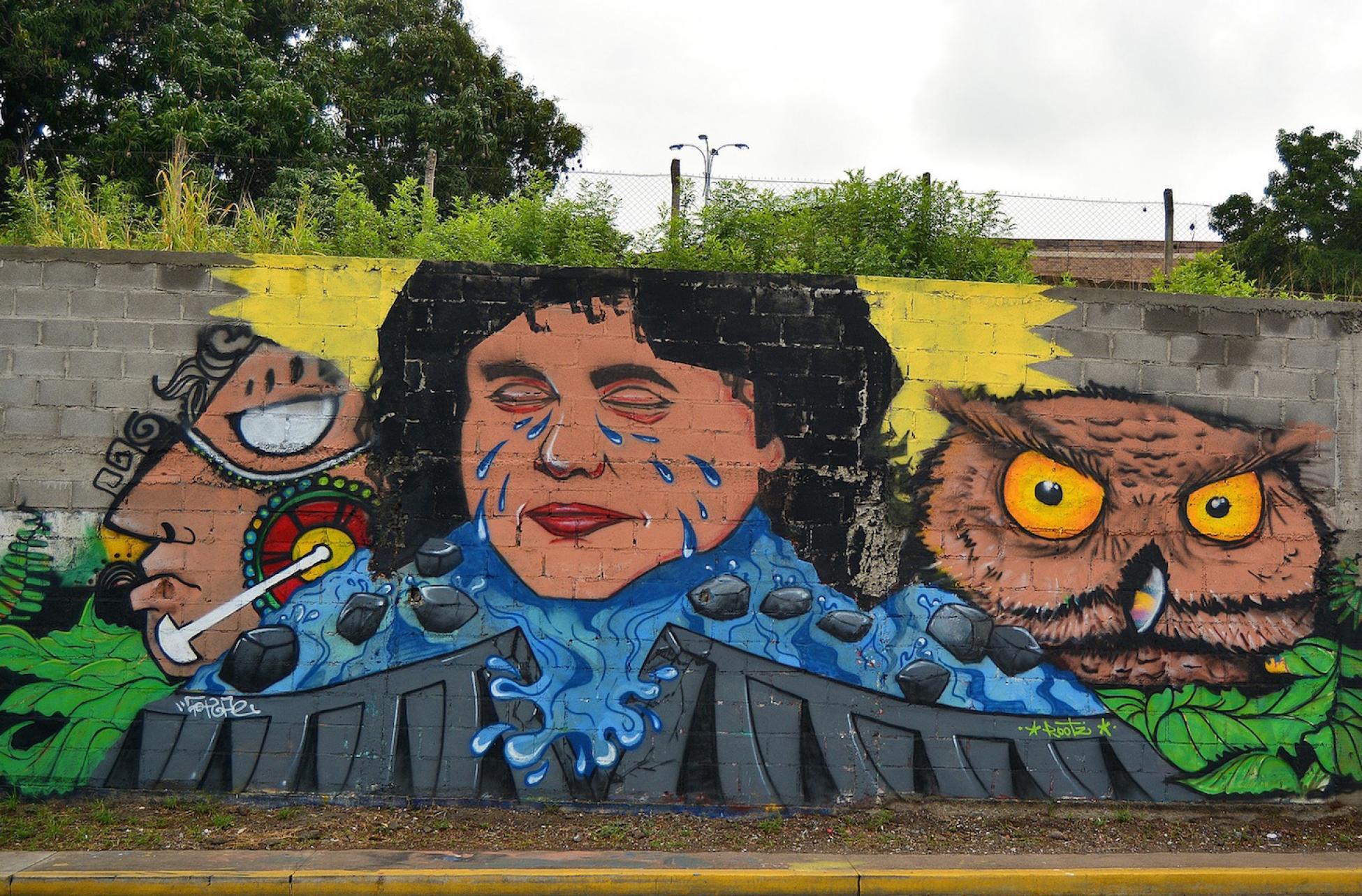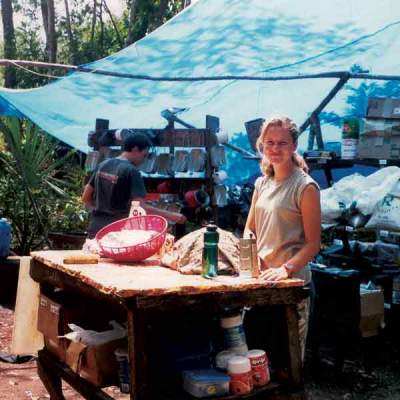Recently I was introduced to CONPAH, which is an organization that deals with some of the most pressing issues facing indigenous communities through Honduras. Currently, they’re working with the government to implement the United Nations Framework Convention on Climate Change (UNFCCC) on a national level. However, in order to realize the convention’s objectives, they have realized that they will need to work closely with indigenous people.
It is among indigenous communities that climate experts and environmental activists find their greatest allies. Indigenous communities not only make their living off they land—they have rich history, traditions and religions that honour and intimately care for the natural environment.
This is exactly why many organizations have incorporated indigenous people’s traditional knowledge and practices in fighting deforestation and environmental degradation. Historically, in areas protected as indigenous peoples’ territories, forest regeneration tends to be far more rapid and issues of extreme exploitation are far less likely. If nations and companies can learn to respect indigenous peoples' right to their traditional territories, forests will have a chance to regenerate and exploitation will be dramatically reduced.
It is among indigenous communities that climate experts and environmental activists find their greatest allies.
That’s why in July, I travelled to Tegucigalpa, which is the capital of Honduras. As part of a delegation with the Maya Chorti nation, I attended a conference that was aimed at initiating dialogue regarding climate change and how it affects indigenous people. The process of consultation with the indigenous communities is essential to developing a lasting alliance.
Over two days, we discussed how to best prevent environmental degradation. The result was the creation of a national strategic plan to preserve the forest and cut back on emissions. Throughout the conference, the leaders of the indigenous communities were amongst the loudest advocates for the protection of the environment. The resilience and resolve to preserve their lands was communicated strongly—a powerful reminder that climate change disproportionately affects indigenous communities.
I believe that NGOs and policymakers can learn a great deal from indigenous communities. Likewise, indigenous territories can serve as a bastion, where sustainable development and conservation can be practice and implemented in consortium with indigenous peoples’ rights. Through legally enforcing territorial rights—which has been a difficult process—traditional lands can be kept safe from exploitation at the hands of foreign companies, such as mining companies.
The UNFCCC can offer further credence to indigenous peoples’ right to the land. Likewise, the need to reduce emissions and preserve the environment will give credibility to indigenous peoples’ struggle to secure and preserve their communal territories. It’s a win-win situation.
Overall, the event was a success. Due to the inclusive and participatory approach, the leaders of the indigenous communities felt comfortable adopting the objectives. They’ve also agreed to help develop a comprehensive strategic plan to meet the goals of emission reduction.
I’m excited to be a part of this historic process. Over the next while, CONIMCHH (the governing body for the Maya Chorti nation of Copan) will be focused on the development of a plan for the preservation of the forest in their indigenous territories. I will be involved in the process and will continue to advocate for indigenous peoples throughout.
My hope? That these new initiatives can help indigenous people secure authority over their own territorial lands, which will help to end environmental degradation—and to empower indigenous people further.
Add this article to your reading list




